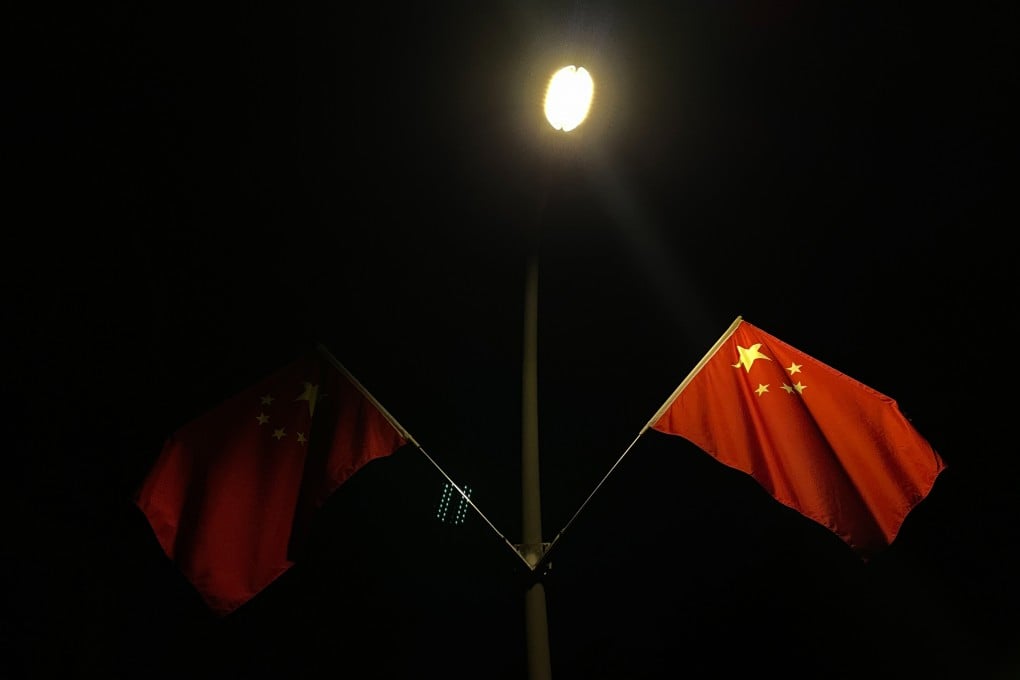Advertisement
Opinion | Why China’s slow economic growth is a bigger headache than its energy crunch and Evergrande’s debt crisis
- The problems in the energy and property sectors, though serious, do not pose a systemic risk to the economy, despite the alarming news headlines
- The more urgent task for Beijing is to reinvigorate growth that has slowed since 2010
Reading Time:3 minutes
Why you can trust SCMP
2

China is having an eventful month, marked by power-supply disruptions and the debt crisis of the country’s second-largest property developer, Evergrande. What does this mean for China’s post-pandemic economic recovery?
Advertisement
The energy crisis started when a rapid increase in exports fuelled a sharp rise in demand for electricity. China remains dependent on coal for 56.8 per cent of its total electricity supply. And yet, in an effort to meet mandatory targets for reducing energy consumption, local governments have shut down many coal mines in recent years.
At the same time, the government’s climate goals discourage investment in the coal industry, and renewables are nowhere near where they need to be to cover the current shortfall.
As a result, when energy demand surged, so did coal prices. But, because China’s government regulates electricity prices, energy providers could not pass the costs onto customers. To limit the losses, they cut electricity supplies, thereby forcing some manufacturers to curtail production.
Not surprisingly, the government ordered a rapid expansion of some coal mines, and the reopening of others. It gave utility companies more leeway in setting electricity prices. And it pushed manufacturers to boost energy efficiency and accelerate investment in renewable energy.
Advertisement

Advertisement
